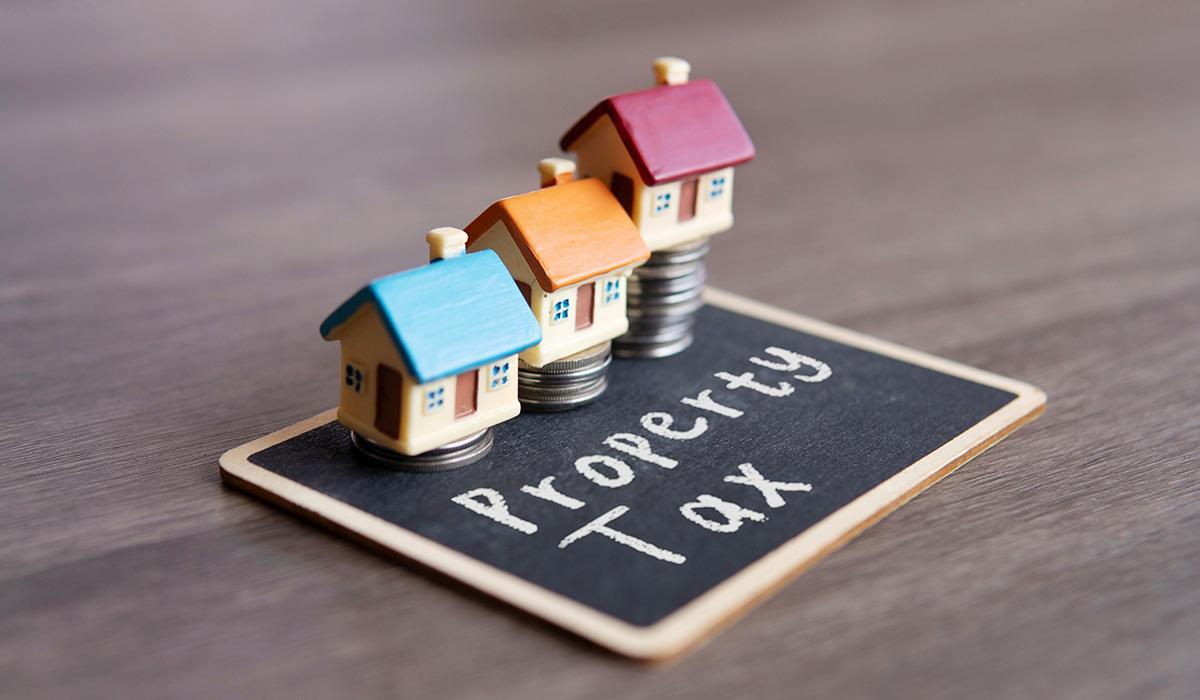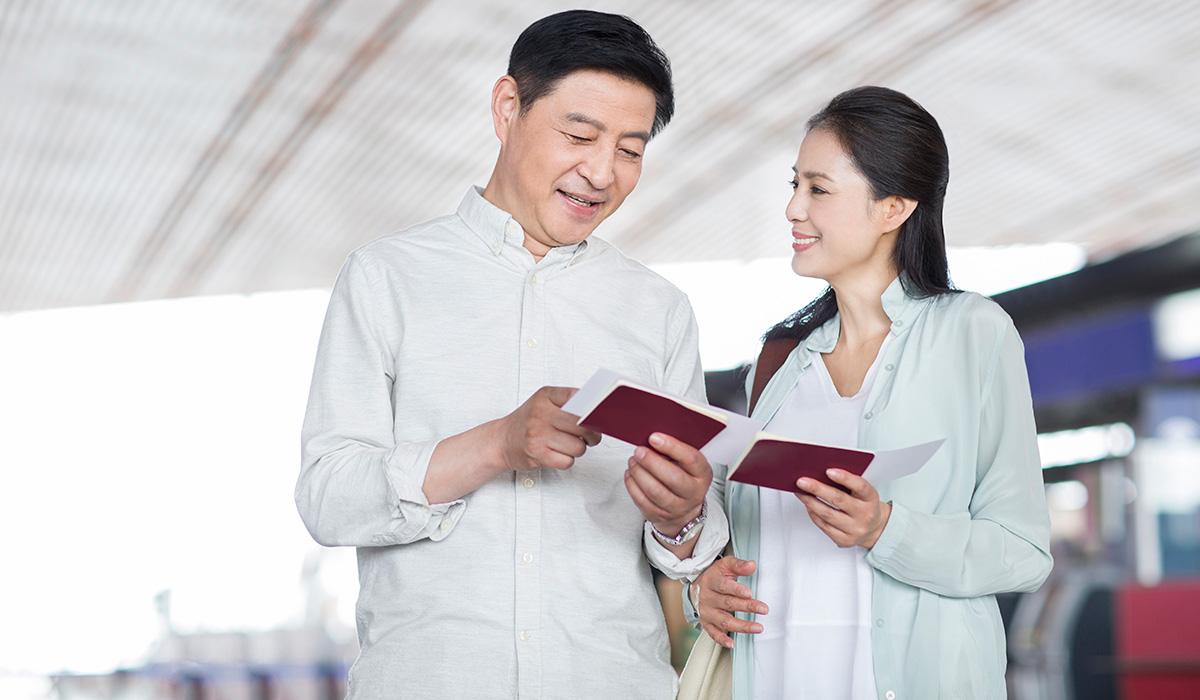IP Tax Concessions Under Hong Kong’s Patent Box Regime
Patent Box Regime (“Regime”)
For knowledge-based economy enterprises, intellectual property (IP) is an important capital. Encouraging the industrial, R&D, and creative sectors to create and use intellectual property can stimulate and promote the development of IP trade. Frequent IP R&D and trade activities can facilitate the creation and use of more intellectual property. For example, after acquiring basic technology or intellectual property, a company may engage in product or service R&D and obtain patent protection for newly developed technologies or inventions. It can then commercialize these patents, either independently or through licensing, to create opportunities for upgrading and value-added commercialization of relevant products or services. A thriving IP trade will also create more opportunities for professional services related to IP, such as legal services, valuation, management, consulting, and agency services.
Many tax jurisdictions have adopted tax incentives like the “Patent Box” Regime to encourage industries and R&D sectors, creative industries, and IP users to engage in more IP trade activities. In Hong Kong, the Inland Revenue (Amendment) (Tax Concessions for Intellectual Property Income) Ordinance 2024 (the Amendment Ordinance) was enacted on 5 July 2024, to provide profit tax concessions on the assessable profits derived from eligible intellectual property income.
Tax Concessions under the Regime
Taxpayers who meet the specified requirements under the Regime are eligible for tax concessions, where the preferential portion of assessable profits derived from eligible intellectual property income will be subject to a reduced tax rate of 5% (“Tax Concessions”).
The Regime applies to the assessment years starting from April 1, 2023, or after.
Requirements to Qualify for the Regime
Taxpayers must meet the following requirements to qualify for the tax relief:
- The taxpayer must be an eligible person;
- The taxpayer must derive eligible intellectual property income from a eligible intellectual property;
- The taxpayer must make an election regarding the eligible intellectual property.
Eligible Person
An “eligible person” refers to an individual or entity that is entitled to derive income from an eligible intellectual property.
Eligible Intellectual Property
Under the Inland Revenue Ordinance, “eligible intellectual property” refers to any intellectual property resulting from R&D activities, including:
- Eligible patents;
- Eligible plant variety rights;
- Copyright in software under the Copyright Ordinance (Cap. 528), or copyright existing in software under laws outside of Hong Kong.
Eligible Intellectual Property Income
“Eligible intellectual property income” refers to income derived from eligible intellectual property, including:
- Income derived from the use or display of the intellectual property, or the right to use or display the intellectual property, whether inside or outside of Hong Kong;
- Income from the sale of eligible intellectual property;
- Embedded intellectual property income, which is the portion of the sale price of products or services attributable to eligible intellectual property;
- Insurance, compensation, or damages related to the intellectual property.
Determining the Preferential Portion of Assessable Profits
The Inland Revenue Ordinance uses the “linked proportion” method to determine the preferential portion of assessable profits subject to the reduced 5% tax rate. This proportion is based on the amount of eligible R&D expenditure relative to total expenditure incurred in developing the eligible intellectual property asset.
Taxpayer Obligations
Eligible persons must report eligible intellectual property income in their tax returns and keep records of transactions, actions, or operations related to the eligible intellectual property for at least 7 years.
Preferential Tax Rate and Two-Tier Profits Tax Rate
If a eligible person makes an election under the Regime, the two-tier profits tax rate will not apply to them.














